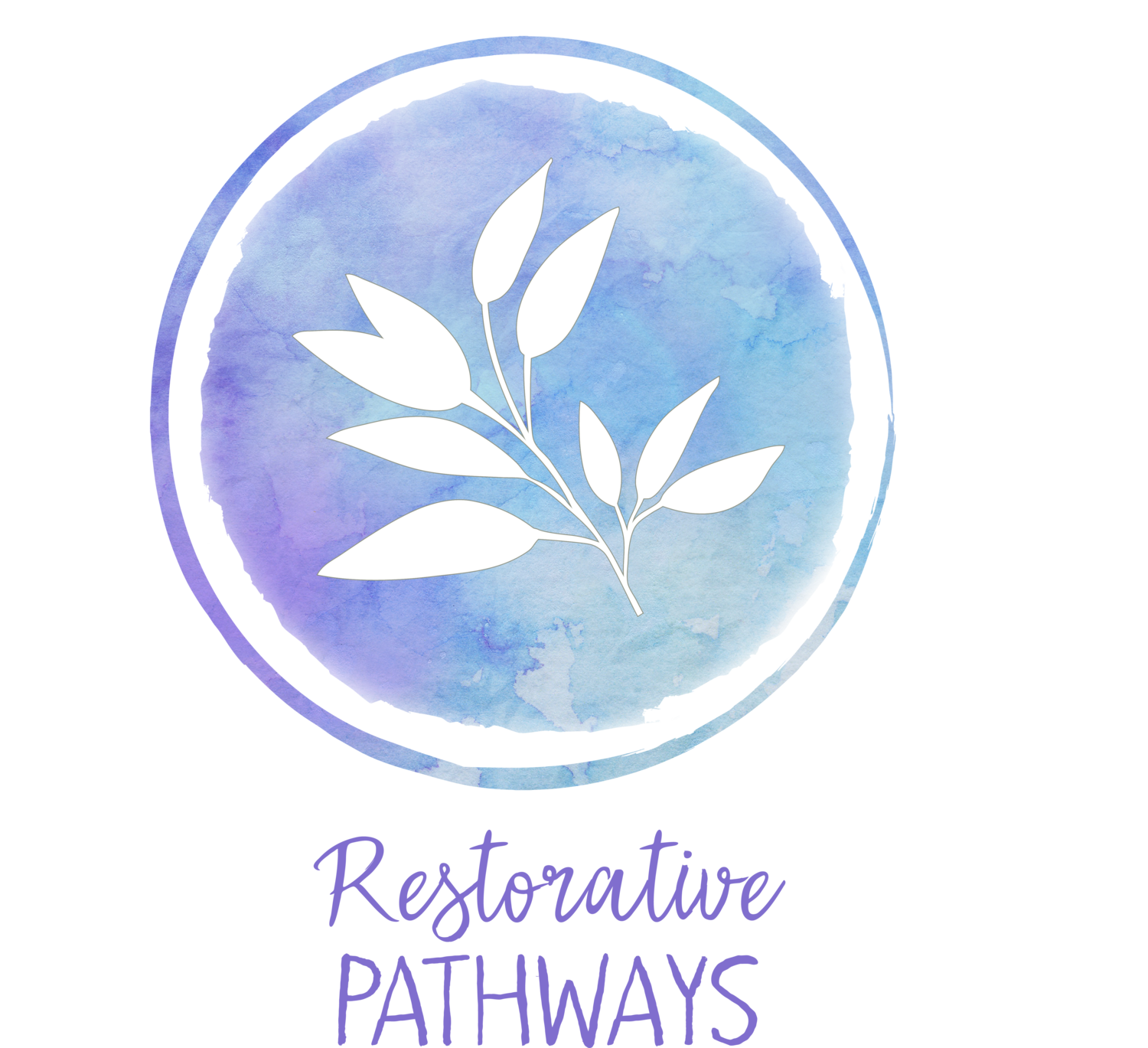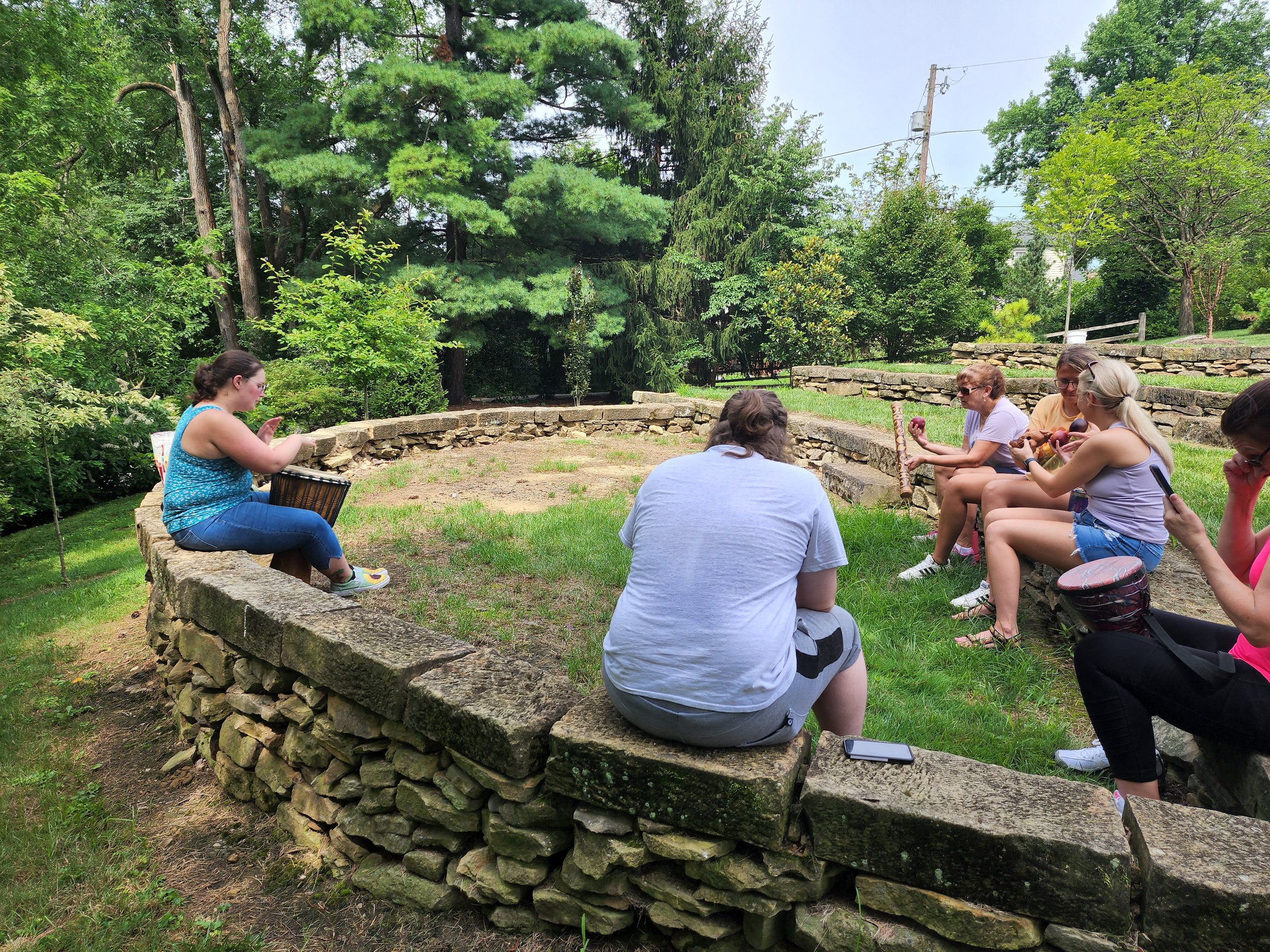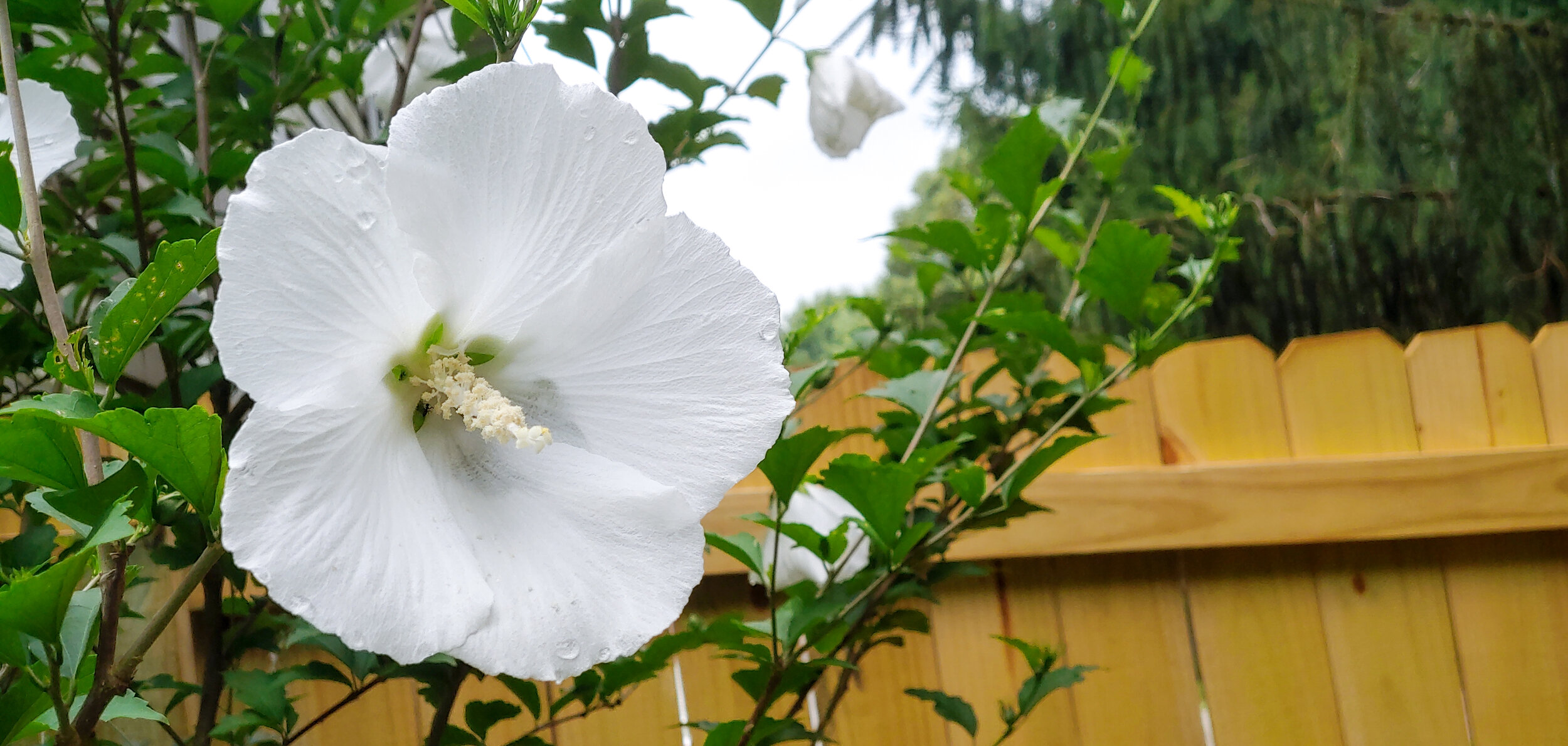
In counseling, it is very important for us, as clinicians, to meet you, our clients, where you are in your journey, including your identity. Respect for how we identify as individuals is an important part of the counseling process…
Take a moment, breathe deep, close your eyes and picture a time when you were a child. Are you thinking of good memories, playing with a ball, neighborhood friends? Now, focus your attention on a time, when as a child you were experiencing an emotional situation. Maybe it’ll be a loss, or that time you crashed your bike into a tree, it could be a teacher correcting you, maybe you didn’t understand why mom or dad didn’t show up to your game/event. Think back now on all the feelings and frustrations you had. How did you respond? Did you act out? Cry uncontrollably? Isolate? Become irritable?
We are excited that Restorative Pathways Counseling now offers music therapy. Music therapy may interest you, but many people don’t really understand what music therapy is and how it can help them. I want to make sure you understand what music therapy is and how it might be able to help you. So, what is music therapy? The American Music Therapy Association defines music therapy as the clinical and evidence-based use of music interventions to accomplish individualized goals within a therapeutic relationship by a credentialed professional who has completed an approved music therapy program. Simply put, music therapy is a treatment modality that can be offered by someone with appropriate training and education. But music therapy is more than just listening to music, it focuses on making improvements through the support of music. Within the music therapy field there is an emphasis on creative, emotional, and energizing experiences of music for health treatment and educational goals.
Those with Seasonal Affective Disorder have reported that their depressive episodes seem to hit even harder because they know that it’s coming and there isn’t much they can do to stop it. But, we do have a lot more information and resources available now about SAD. Here are some helpful tips to fight off your winter blues!
Last week, we celebrated World Kindness Day. Now, what does kindness have to do with our health – mental and emotional, physical, and spiritual? Well…more than you may think. The Random Acts of Kindness Foundation, Mayo Clinic, and Positive Psychology have cited studies connecting kindness to increased mental health, energy, and healing, happiness, life satisfaction, and growing spirituality.
Reading is so important for our minds - big and small! To celebrate Children’s Book Week, we wanted to provide our favorite children’s book recommendations. We hope you find enjoyment in reading these with the kids in your life. And who knows - we adults may stand to learn a thing or too as well!
As women, we largely do not talk about it despite almost a quarter of all pregnancies ending in miscarriage. So, why don’t we talk about it? Yes, it is painful, it is sad, it is a time where I was searching for meaning, for understanding and looking for “why”. Women feel shame, guilt, and sadness, however, one of the worst things about talking about it is the reaction of other people. For those trying to support and encourage a loved one going through this terrible time, I’ve listed some common responses that hurt more than they help.
It seems generally accepted in the U.S. that many people create a to-do list because he/she needs to accomplish lots of things, meet deadlines, or fulfill goals. There appears to be some benefit to putting thoughts to paper to help organize, clarify, and prioritize these tasks. It also seems true that in asking people how they are doing these days, I hear “exhausted,” tired” and “worn-out,” more than any other responses. Does any of this sound familiar? We must learn to prioritize ourselves on our own lists.
There is no doubt that there are some major health concerns in our world right now. If you know of a friend, coworker, family member, etc. that has a history of depression, check on them. But be cautious. Even though something is meant to uplift and comes from a place of concern, it can be have the opposite of what was intended. Here is a list of what not to say to someone with depression, and what you can say instead.
There is a HUGE connection between what we eat and how we feel. What we consume can directly impact our mental and emotional health. Paulie Starr walks us through some helpful tips on eating to fuel our mental and emotional health.
Everyone stresses in different ways during hard times. The stress and panic everyone is dealing with right now due to the COVID-19 crisis is no different. But, it is really important to keep your mental health in check during times like this. Social isolation can take a toll on healthy individuals who have never experienced mental illness symptoms first hand before. So, I’m here to give some tips and advice on how to maintain a self care routine during this stressful time.
Just as we clean out our homes and eliminate unnecessary items from our lives, it is important for the health of our brain, to declutter and eliminate toxic thinking.
We all know that restful sleep is important for the human body; but, how exactly do we ensure the rest we are getting is enough? Implementing a relaxing bedtime routine can help improve the quality of the sleep you get. Having a consistent, relaxing bedtime routine can help better your sleep by calming an overactive mind, prepare for the next day, and work with your body and mind instead of against it.
Self harm is a hard topic to talk about for most people. It’s one of those topics that the majority of our society tries to stay as far as possible from because it’s just too hard. But that is exactly why the conversation needs to happen. It’s no secret that stigma around mental illness in general is a real problem in our society, especially when it comes to self injury.
Nearly everything about our culture supports productivity and a “work until you’re exhausted” mentality so taking time for yourself is counterculture. Ever had that thought of “I can’t do that, I don’t want to be lazy” or “I should be doing something right now... I have so many things on my list.” That’s this principle at work!
So why is self-care so important for our relationships anyways?
Anxiety is one of many normal and healthy emotions; but, just like most things in our daily lives, it’s only beneficial in moderation. When we're in a life-threatening, survival situation anxiety can induce your flight or fight response - good! Anxiety sneaking up on you when there is no major threat to our survival - not so good! If this is the case, it may be a mental health issue that you're minimizing or overlooking.
Aromatherapy is an alternative practice widely used for therapeutic purposes. It can be offered in massage centers, yoga studios, spas, chiropractic settings and can be used to benefit your mental health in a variety of ways. It utilizes aroma/fragrance in the form of essential oils.
**Disclaimer and trigger warning: This guest blog post contains content of a sexual nature and speaks from a first person perspective of sexual assault. If you have sensitivities to this type of content, we recommend that you do not read this post.**
**While we fully recognize that this post is difficult to read due to the graphic details, we believe that it is critical to not silence the voice of those who are willing to speak out by sugar-coating their horrific experiences. Parental discretion is advised.**
Stress levels are the highest they have ever been and it doesn't look like it's going anywhere anytime soon. With all of this being a cultural issue, I think it can be really difficult as individuals to not get sucked into this acceptance of the idea that being stressed as a state is normal. I'm here to tell you that there's a better way!
It’s that time a year again, my friends. The winter season is coming our way and with it comes the symptoms of seasonal depression. Let’s talk about some common symptoms and some options to combat them.
At least 1/3 of adults in the United States report that they do not get the recommended amount of sleep per night. Sleep deprivation is linked to numerous problems with our physical, mental, and emotional health. The CDC reports that insufficient sleep is linked with an increased risk of diabetes, cardiovascular disease, stroke, obesity, and depression. Need some tips to get some restful sleep tonight? Try these
Beginning therapy can be intimidating. There are a lot of unknowns, especially if this is your first experience with counseling. Read these tips in order to maximize your therapeutic experience.
Do you want the good news or the bad news? Trust is something we so frequently talk about, something so vital to the health of our relationships. And yet, something we may not fully understand. The good news, trust is not some ambiguous force – we are able to understand it and we are able in some sense to control whether or not we give it. The bad news, trust is not some ambiguous force – we are able to understand it and we are able, in some sense, to control whether or not we earn it.
























School has not been the same, nor will it be the same as usual as we enter into another phase of the _global pandemic that has rocked all our worlds_ these past 2 years. There’s the uncertainty of how school will look from day to day. Here are four simple ways to help your children and yourself get through this year and beyond.